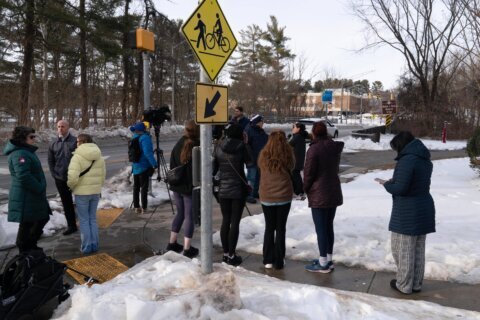Cursive writing, once considered a fundamental skill, has experienced a revival in schools across the country in recent years.
Teachers and researchers have recognized the cognitive and educational benefits cursive handwriting can have for students, but it’s still not taught as widely as it once was.
One expert is encouraging families to change that, by ensuring that their kids learn and routinely use cursive.
“Our relationship with the language is formed through the way that we create the letters by hand, and it changes the way we view language and the way that we communicate,” said Ravi Hutheesing, a public speaker on education and a cursive advocate. “It’s also really an important way of slowing down our thoughts.”
One of the key reasons for the resurgence of cursive in schools is the growing body of research highlighting its positive impact on brain development.
Advocates argue that cursive promotes self-expression and creativity.
Unlike text that is typed out on a smartphone, cursive allows for personal style and flair, enabling students to develop a unique handwriting identity.
Hutheesing said it might even help curb some of the bullying and nastiness that often circulates on social media.
“In this age of social media, we put our thoughts out there before we’ve even given them much consideration,” Hutheesing said. “Handwriting is the only exercise that I know that slows our thoughts down to the point where we start to recognize them.”
Some states have responded to the renewed interest in cursive by incorporating it into their educational standards.
In public schools across Virginia and Maryland, cursive is typically taught in third, fourth and fifth grades.
Public schools in D.C. do not require cursive, but individual schools are allowed to teach it if they want.
“Cursive is a form of expression that allows us to share our own identities and identify who we are through our handwriting, and it just makes us more compassionate and empathetic,” Hutheesing said. “It just changes our relationship with the language and with each other.”
Get breaking news and daily headlines delivered to your email inbox by signing up here.
© 2024 WTOP. All Rights Reserved. This website is not intended for users located within the European Economic Area.








